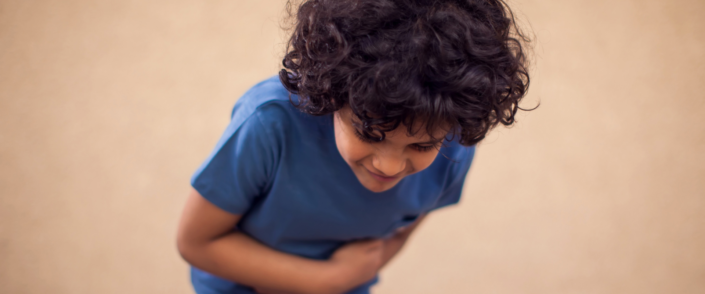As parents or caregivers, keeping children safe is our top priority. However, despite our best efforts, accidents can happen. One of the most common accidents that can be prevented is unintentional poisoning from medication.
It’s important to understand that medicines are not sweets and should be treated with care. In fact, according to the Centers for Disease Control and Prevention (CDC), medicines are the leading cause of child poisoning deaths. Therefore, it’s crucial to take extra precautions to ensure that medications are stored safely out of reach of children.
Here are some tips to help keep your child safe when it comes to medicines:
Store Medications Properly: Keep all medications in their original containers and store them out of reach of children. Make sure the lids are tightly secured and that the containers are stored in a locked cabinet or in a high, hard-to-reach area. Avoid leaving medications on counters, bedside tables, or other easily accessible areas.
Be Mindful of Guests: If you have guests in your home, make sure they also store their medications out of reach of children. Encourage them to keep their medications in their bags or luggage, which should be stored in a safe place.
Dispose of Medications Properly: Check the expiration dates of all medications and dispose of any that are outdated or no longer needed. Never flush medications down the toilet or throw them in the trash, as this can harm the environment. Instead, take them to a designated medication drop-off location, such as a pharmacy or police station.
Educate Your Child: Teach your child about the dangers of medications and explain that they should never take any medication without an adult’s permission. Also, teach your child to always ask an adult before putting anything in their mouth.
Be Prepared: Accidents can still happen, even when precautions are taken. Be prepared by keeping the number for Poison Control (0861 555 777) readily available. Post it in a prominent location in your home, such as on the refrigerator, and program it into your phone.
- Call 10111 if your child is unconscious and start CPR if your child is not breathing.
Remember, prevention is the key to keeping children safe from accidental poisoning. By taking these simple steps, you can help ensure that your child stays healthy and happy.
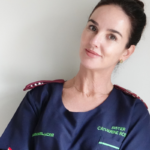
From witnessing a lot of trauma in my work to empowering parents
I want to take you on a journey that led me to become a full-time CPR and first aid instructor and proud business owner of Survival CPR. This story is about passion, empowerment, and making a real difference in the lives of people like you. A Trauma-Fueled Calling: Having spent

The Role of the Microbiome in Children
As we bask in the warmth of spring and witness the beauty of nature’s renewal, let’s delve into a topic just as fascinating and vital for our little ones’ well-being – the microbiome. This month, we explore the incredible world of microorganisms that inhabit our children’s bodies and the profound

World Breastfeeding Week
World Breastfeeding Week: Celebrating the Benefits for South African Families As we embrace the month of August, we joyfully celebrate the significance of family and the well-being of our precious little ones. In this blog post, we highlight the importance of World Breastfeeding Week, a cherished event that takes place
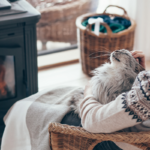
Winter Safety Guide
Winter’s arrival brings with it a desire to snuggle up and stay warm in the comfort of our homes. Fireplaces, gas and electrical blankets, heaters, and hot water bottles become our trusted companions during these chilly months. However, it’s crucial to prioritize safety to prevent potential accidents or hazards. In

Sudden Infant Death Syndrome (SIDS)
Sudden Infant Death Syndrome, or SIDS, is a heartbreaking tragedy that affects thousands of families each year. As a parent, the thought of losing your child to SIDS can be overwhelming and scary. But there are steps you can take to reduce the risk of SIDS and be prepared for
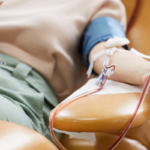
World Blood Donor Day 2023: “Give blood and keep the World beating”
Did you know that blood donation is one of the most selfless and impactful things you can do for your community? It’s true! And in South Africa, the need for blood donors is always high. That’s why today, I want to share with you some of the many reasons why
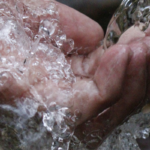
First Aid for Burns – a must read for every parent
Sister Catherine Rodwell sheds light on the right way to handle burns, be it in children or adults. It’s crucial to be aware of the proper procedure to not worsen the burn’s impact. From 6-12 May, National Burns Awareness Week is being observed. In continuation of our conversation with “Mommy

A mother recounts her traumatic experience
We are very grateful for this mommy who wanted to share her traumatic story with us, so that other parents can learn how quickly accidents can happen. Please note that photo’s can be triggering. We are very grateful for this mommy who wanted to share her traumatic story with us,

The Leading Cause of Accidental Poisoning
As parents or caregivers, keeping children safe is our top priority. However, despite our best efforts, accidents can happen. One of the most common accidents that can be prevented is unintentional poisoning from medication. It’s important to understand that medicines are not sweets and should be treated with care. In


